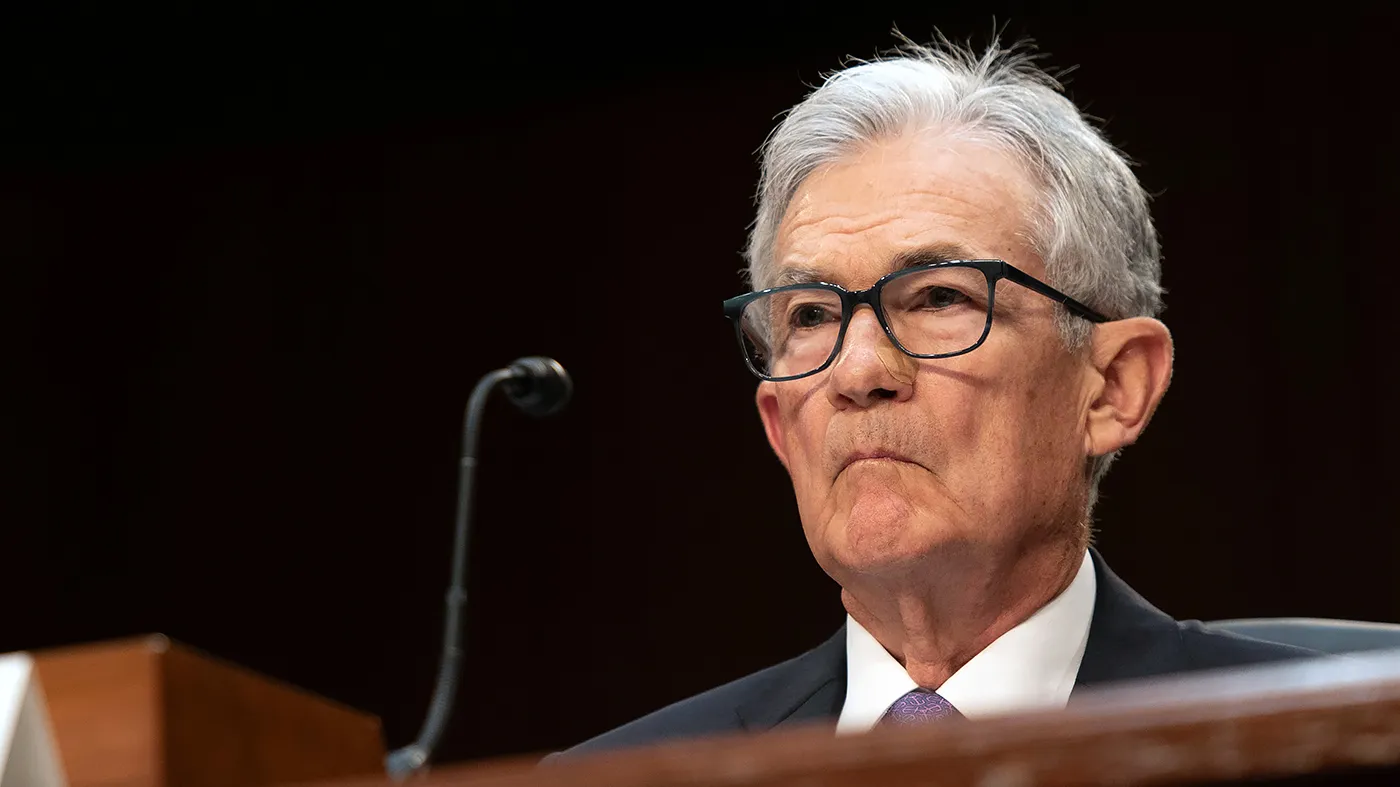Did Modern Monetary Theory Contribute to Donald Trump's Return?

Impacts of Modern Monetary Theory on the Economy
The Biden-Harris administration initiated its term with a belief in running the economy hot without causing inflation. This approach involved significant stimulus spending, which facilitated the inflationary environment we observe today.
Voter Sentiment and Economic Concerns
- High cost of living ranked as the primary concern among voters.
- Approximately three-quarters of the electorate linked hardship to inflation.
Modern monetary theory posits that a government can issue limitless amounts of money without fear of inflation; however, real-world outcomes tell a contrasting story.
Fiscal Policies and Inflation
Over the past four years, the government has increased spending dramatically, leading to greater debt and flooding markets with liquidity. This inevitably resulted in more money chasing fewer goods, a classic inflationary scenario.
The administration's response to early inflation signs was denial. Economic narratives spun by advisors suggested inflation would be temporary. When persistent inflation became apparent, the administration attempted to shift blame onto corporate behavior rather than examining its own policies.
Lessons Learned from Economic Theories
The events from 2020 to 2024 serve as a clear demonstration that modern monetary theory can lead to economic peril instead of prosperity. As inflation peaked at 9 percent by mid-2022, narratives advocating for policies based on this theory began to crumble.
Electoral Repercussions
- Americans expressed frustrations over economic management during the elections.
- Electorate rejected the narratives supporting modern monetary theory.
Policy choices driven by these fringe economic ideas ultimately contributed to a resurgence of Donald Trump as voters sought change. This electoral outcome underscores the critical need for sound economic principles in policymaking.
This article was prepared using information from open sources in accordance with the principles of Ethical Policy. The editorial team is not responsible for absolute accuracy, as it relies on data from the sources referenced.